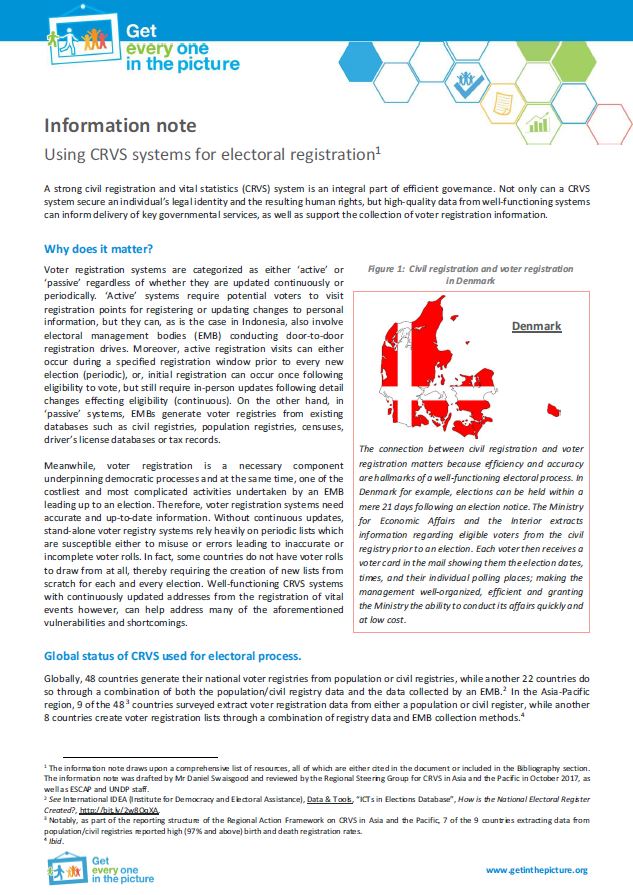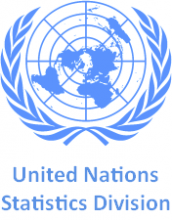The paper “Using the Theory of Planned Behaviour to Understand Motivation to Register Births in Lombok, Indonesia” written by Anaise Williams, Santi Kusumaningrum, Cyril Bennouna, Rahmadi Usman,Wenny Wandasari and Lindsay Stark was published in January 2018 in the Journal “Children & Society”. The researchers are affiliated with the Mailman School of Public Health of the Columbia University, and the School of Social and Political Sciences of the University of Indonesia, Depok.
The main finding of this study is that the perceived use of birth certificates, perceived complexity of the application process and social norms related to certificate ownership affect the intention to register births in the Indonesian context.
Among participants with higher expectations for their children’s mobility, such as higher education and foreign traveling, birth registration was an established norm. Unlike participants who did not know what a birth certificate could be used for, or did not live in areas where people typically applied for birth certificates, birth certificate ownership was considered less valuable and not as established.
The authors propose programs aiming to incorporate birth registration into existing cultural and social structures. For instance, initiatives such as community-level application systems that promote the value of birth certificates among low-income and rural populations, to improve parental motivation for registering their children’s births, even if they have no immediate or foreseeable use for the birth certificate.
For this study a total of 96 caregivers participated in one of 12 focus group discussions in different villages across Lombok. The participants were recruited through village leaders and snowball sampling.
The full article can be found here





